Bookkeeping is the backbone of every successful business, and bookkeeping helps small business owners track finances, manage expenses, and make informed financial decisions. In today’s competitive business environment, staying on top of financial records is no longer optional it’s the foundation of smarter planning, smoother payroll and HR processes, and long term stability.
What Is Bookkeeping and Why Is It Important?
Bookkeeping refers to the systematic recording, organizing, and tracking of financial transactions. It ensures that every expense, invoice, payment, and tax related document is properly documented. When businesses maintain accurate books, they gain clarity, legal compliance, and financial control.
For small businesses, bookkeeping is even more critical because they often operate with limited budgets, smaller teams, and tighter cash flow. Without proper records, it becomes difficult to make future decisions, apply for loans, calculate profit, or file taxes correctly.
The Role of Bookkeeping in Small Business Growth
Small business bookkeeping is more than just record keeping it supports long-term decision making. With organized financial data, owners can:
-
Identify profit margins
-
Track expenses and reduce unnecessary spending
-
Prepare for tax season without stress
-
Build better budgeting strategies
-
Improve financial forecasting
-
Protect the business from compliance issues
When financial data is scattered or unclear, businesses risk overspending, tax penalties, and poor cash management.
How Bookkeeping Connects to Payroll and HR
Bookkeeping, payroll, and HR are deeply connected. A business cannot run payroll efficiently without accurate financial records. Here’s how they work together:
| Bookkeeping Task | Payroll/HR Impact |
|---|---|
| Tracks employee wages & benefits | Helps calculate accurate payroll |
| Records tax deductions | Ensures compliance with IRS & state tax laws |
| Manages expense categories | Improves budget planning for HR costs |
| Stores financial history | Supports employee reimbursements & audits |
When bookkeeping is neglected, payroll mistakes happen leading to employee dissatisfaction, legal fines, and poor HR management.
Common Bookkeeping Mistakes Small Businesses Make
Many small businesses struggle with bookkeeping because they are busy managing day to day operations. Here are common mistakes:
Mixing Personal and Business Finances
Using one bank account for both purposes creates confusion and tax issues.
Delaying Data Entry
Waiting months to update books leads to missing receipts, unmatched invoices, and inaccurate reporting.
Not Tracking Cash Flow
Businesses often look at profit but ignore cash flow, which is what keeps the business operating.
Relying Only on Spreadsheets
Manual spreadsheets increase the risk of errors and require more time.
Not Preparing for Tax Season
Without real time bookkeeping, taxes become stressful, rushed, and expensive.
Best Practices for Effective Bookkeeping
To maintain organized, accurate, and useful financial data, small businesses should follow key bookkeeping methods:
Keep All Financial Records Organized
Invoices, bank statements, receipts, and payroll files must be stored digitally or physically for future reference.
Use an Accounting Software Tool
Cloud based tools improve accuracy, reduce manual work, and allow real time reporting.
Reconcile Bank Accounts Monthly
Comparing bank statements with recorded entries prevents fraud and mistakes.
Track Every Expense
Even small expenses (mileage, office supplies, subscriptions) add up and affect profit.
Separate Bookkeeping and Accounting Roles
Bookkeeping tracks daily transactions, while accounting analyzes them to create financial reports.
How Modern Technology Is Changing Bookkeeping
Digital bookkeeping is replacing manual ledgers. Today, businesses use:
-
AI powered accounting software
-
Automated expense tracking tools
-
Cloud storage for payroll and HR data
-
Mobile apps for real-time reporting
Automation reduces human error, gives business owners instant financial visibility, and helps them make data-driven decisions instead of guessing.
Signs Your Business Needs to Improve Its Bookkeeping
You may need a better bookkeeping system if:
- You don’t know your exact monthly profit or expenses
- You feel stressed every tax season
- Your payroll processing takes too long
- You delay invoicing or forget unpaid bills
- You make decisions based on estimates, not numbers
If these problems sound familiar, it’s time to upgrade your financial management process.
The Future of Bookkeeping for Small Businesses
Bookkeeping is moving toward automation, integration, and real time data access. The future will include:
-
AI driven financial insights
-
Automated payroll and HR syncing
-
Paperless record keeping
-
Predictive analytics for budgeting
-
Faster tax reporting
Business owners who adopt modern bookkeeping early will stay compliant, efficient, and profitable.
Final Thoughts
Bookkeeping is not just an administrative task it is the financial language of your business. With proper bookkeeping, small businesses can manage payroll and HR confidently, protect themselves from compliance issues, and make smarter decisions for the future.
Whether you are just starting out or looking to scale, organized financial records are the foundation of stability and growth.


Join our community to interact with posts!